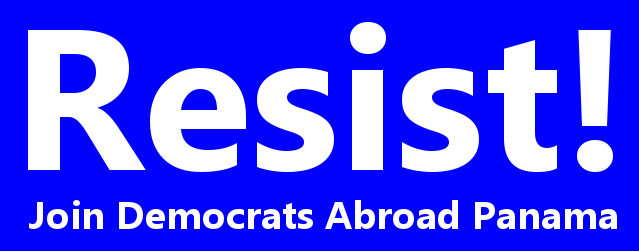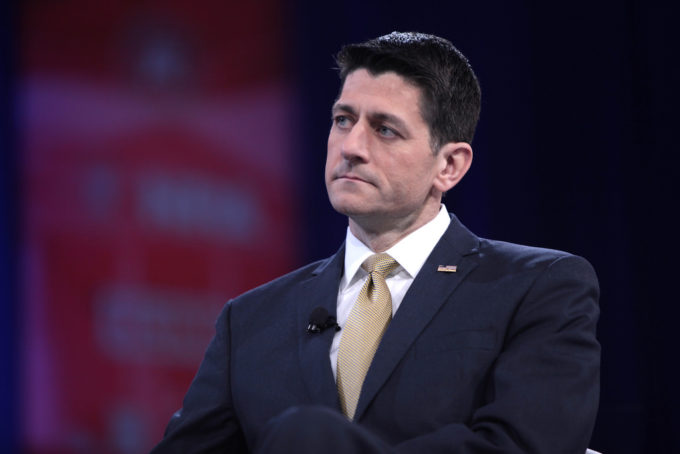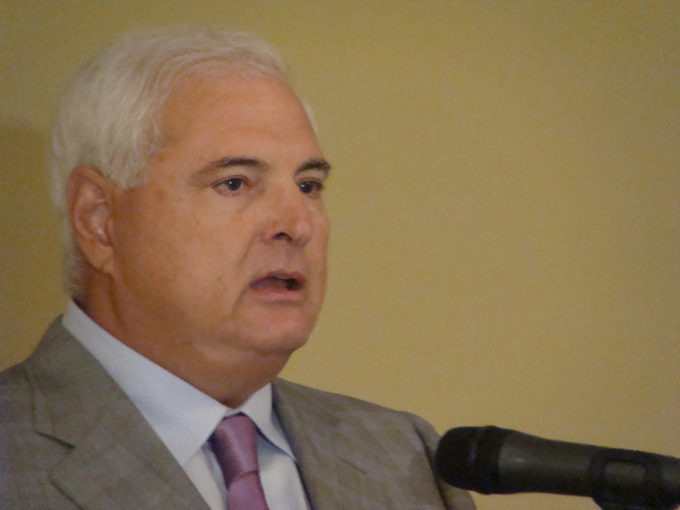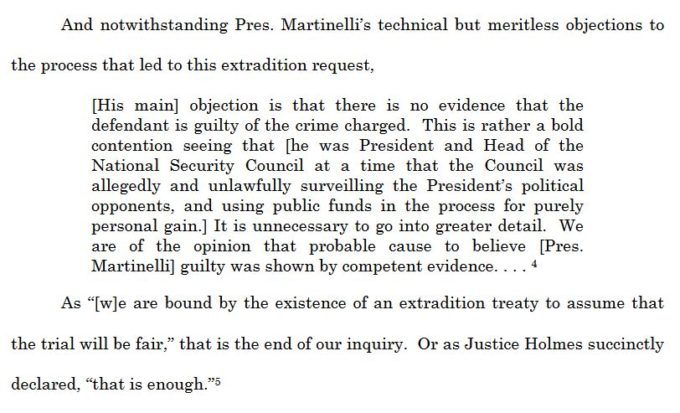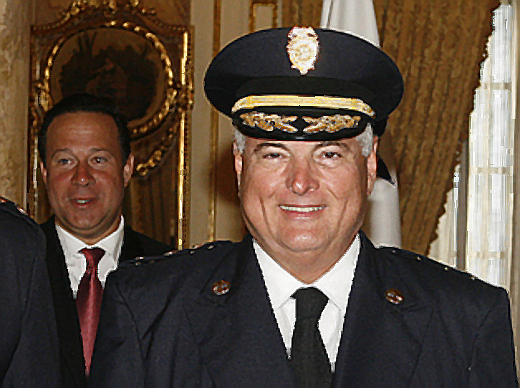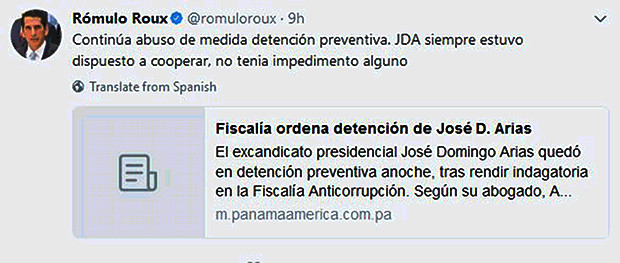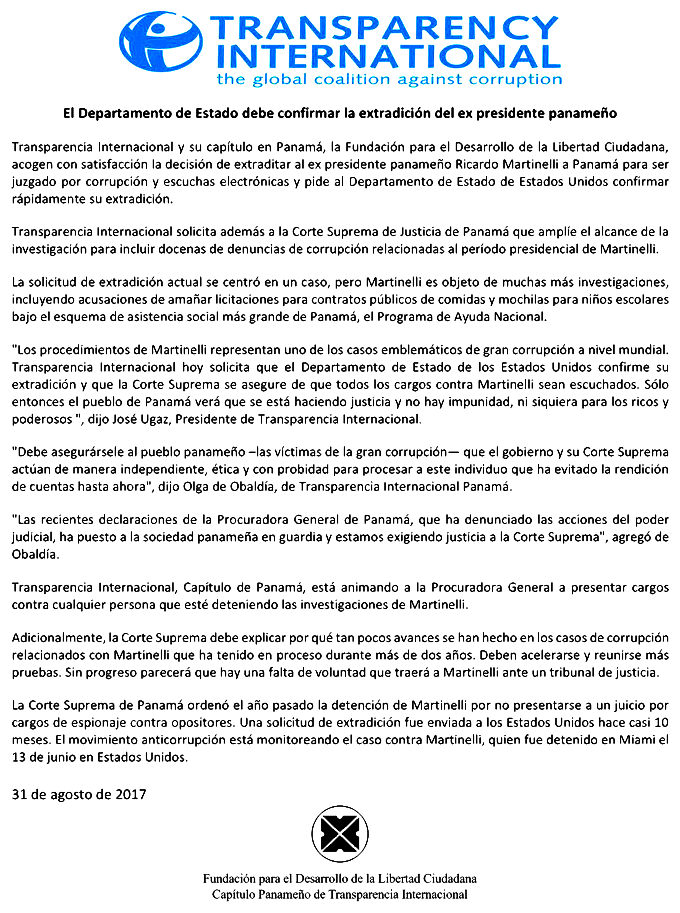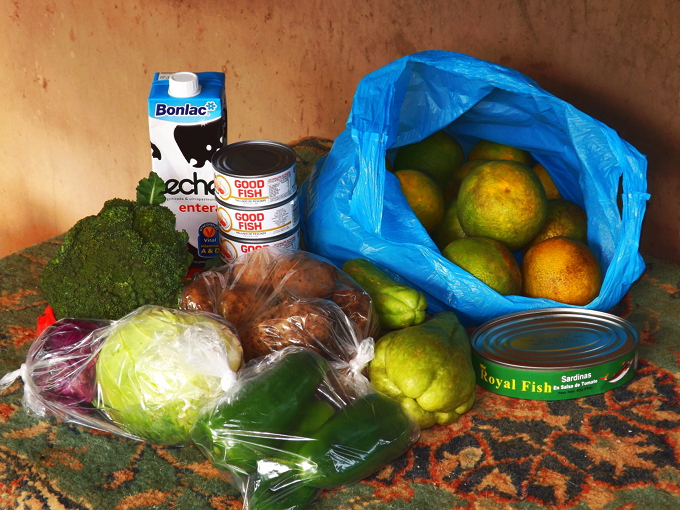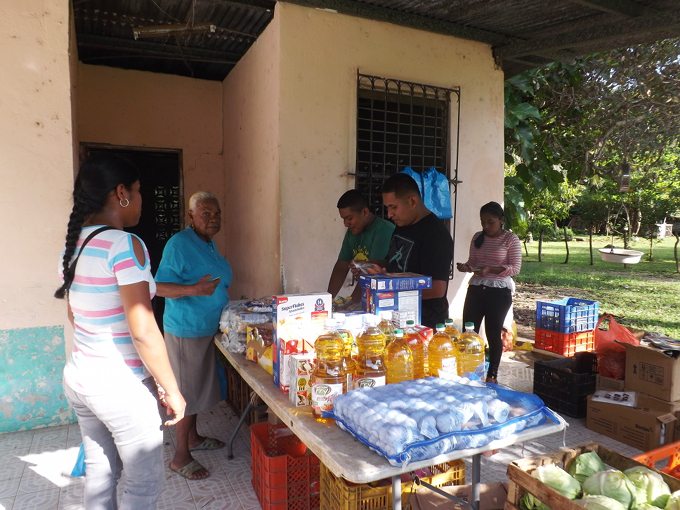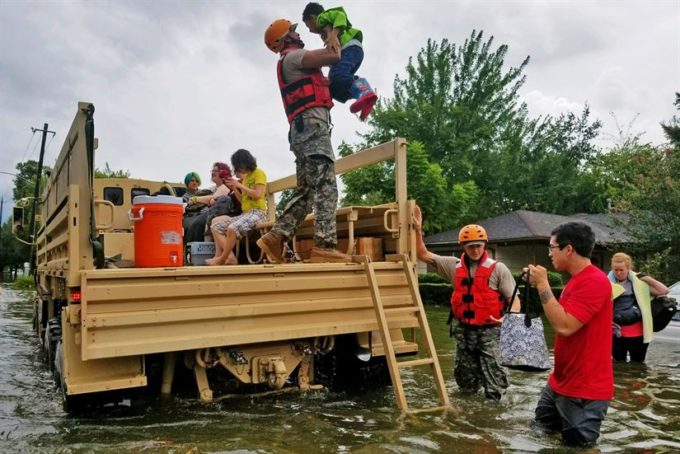
Has the Ministry of Commerce and Industry
invited foreign professionals to work here?
by Eric Jackson
Back in 2007, the Torrijos administration passed a law to encourage multinational corporations to establish their international or regional offices here. It was partly aimed at luring companies that were already coming here in a big or bigger way because of the canal expansion project — firms like Caterpillar. At the time it was especially aimed ay companies that were abandoning Caracas as their regional headquarters — companies like Proctor & Gamble. The law was modified in 2012, by the Martinelli administration. There was some success, and it boosted much of that part of the upper end real estate business here that isn’t about money laundering.
But with the new multinational offices came allegations that they paid their foreign employees more than Panamanians, or wouldn’t hire local people at all. Help wanted ads that were not by these companies, specifying for example that they were hiring Venezuelans only, actually did appear and became part of the legend and litany of those who would like to throw as many foreigners as possible out of Panama. Were more of the xenophobes more literate in English they would have noticed American citizens, especially on the social media, posting similar stuff that on its face engages in employment discrimination against Panamanians. But the big influx of foreigners trying to make a living here came from troubled Venezuela and those are the people subjected to the most criticism and abuse.
At the end of August the Ministry of Commerce and Industry published a resolution making some changes in the regulations that implement the corporate headquarters law. Now they want a company to show $200 million in assets or a work force that in the various places where it operates employs 2,500 people with university degrees in its offices.
Almost immediately there arose a hue and cry from two directions whence a person who follows the politics here would expect it: Ricardo Martinelli’s newspapers and legislator Zulay Rodríguez. As the former president whiles away the minutes, hours and days in more or less incommunicado custody — he can get things out via his lawyers in Miami but has no direct access to his Twitter feed — his daily newspapers La Critica and El Panama America raised the alarm that persons who “have the credentials to practice in their country can practice in Panama.” Of course, the resolution doesn’t say that, nor has the prior influx of corporate offices allowed, for example, foreign lawyers to practice in the Panamanian courts. For Zulay, who shortly after being elected to the National Assembly stepped into international notoriety by a broad-brush characterization of all Colombians as “scum,” that was an opportunity to attractive to pass up. “The Ministry of Commerce and Industry opens the door so that foreigners can practice in Panama with a university degree from their country and without passing by our technical boards.” Not that the resolution says that or can be reasonably interpreted to say that but hey, what does the truth matter when one is playing that kind of politics?
An indignant Vice Minister of Foreign Commerce, Néstor González, called a press conference to complain. He said that the ministry intends that all companies that come here will be obliged to follow Panamanian labor laws, and that in the decade of the law’s existence this has been the case. The changes, he explained, were because after 10 years the licensing committee that passes on applications to establish foreign corporate offices here thought that a review and some changes were needed. Why that was, he didn’t say.
When one looks at the regional economy, cherry picking more companies from Venezuela will certainly not be the reason. That tree has been stripped bare for a long time. Maybe companies that work out of troubled Brazil? But do they really want to switch from Portuguese to Spanish around the office? If it is presumed that the changes are being made with some company or set of companies in mind, there are some situations that perhaps come to the head of the line:
- Panama has just established full diplomatic relations with the People’s Republic of China, which is investing in Latin America in a big way when most other powers are not. Could there be Chinese companies about to establish Latin American regional offices here?
- The rancor between the United States and Mexico seems to get worse every other time that Donald Trump opens his mouth or plays with his Twitter feed, and meanwhile the polls suggest that violence-wracked Mexico may go to the left in its next presidential elections. So might some US companies be ready to move their Latin American offices from Mexico City to Panama? Or for that matter, given the general problems for multinational companies getting visas for their employees to work in the United States these days, might Miami become less of the financial and corporate capital of Latin America and Panama pick up some of that business?
- When Latin America was booming it was because of good commodity prices, particularly for minerals. But now prices are down and several countries are eliminating or restricting mining because of the environmental damage and because the companies habitually cheat the countries out of what they owe in taxes, extraction fees or profit sharing. So will mining companies that are or feel unwanted elsewhere be moving their Latin American offices here?
Stay tuned.
~ ~ ~
These announcements are interactive. Click on them for more information.



